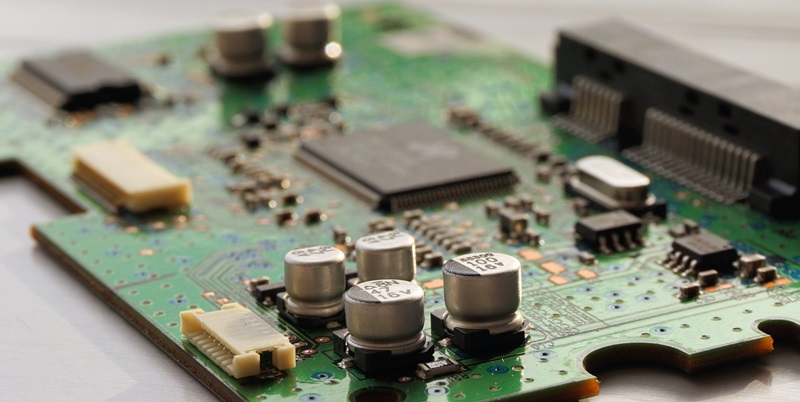MSI, a leading manufacturer of computer hardware, has taken a significant step forward by releasing the latest AGESA 1.1.0.2b BIOS firmware for its AM5 motherboards. This firmware update brings optimized support for the highly anticipated AMD Ryzen 8000G Desktop APUs. As AMD prepares to launch its new APU lineup, motherboard manufacturers have been diligently rolling out AGESA firmware updates for their AM5 boards.
Overview of AGESA firmware updates
The recent trend among motherboard manufacturers has been to deploy the latest AGESA firmware updates for their AM5 motherboards. This move ensures compatibility with upcoming processors, in this case the AMD Ryzen 8000G APUs. These firmware updates bring essential optimizations and improvements to enable the new processors to operate at their full potential.
Timing of the BIOS update
MSI’s release of the AGESA 1.1.0.2b BIOS firmware for its AM5 motherboards comes just a few days before the official launch of the AMD Ryzen 8000G Desktop APUs. This strategic timing allows users to promptly update their motherboards to ensure a smooth transition when upgrading to the new APUs.
Importance of Updating AM5 Motherboards
Users planning to upgrade their current AM5 platforms with the upcoming AMD Ryzen 8000G APUs must update their motherboards to the latest firmware. This update guarantees optimal performance, stability, and compatibility with the new processors. Failure to update the firmware may result in compatibility issues and limited functionality.
Details of MSI’s AGESA 1.1.0.2b BIOS firmware update
While MSI hasn’t provided an extensive changelog for its latest firmware update, the release notes mention an update to “AGESA ComboPI 1.1.0.2b.” Although specific optimizations and enhancements have not been detailed, it’s reasonable to expect improvements in system stability, overclocking capabilities, and general performance enhancements. However, it’s important to note that these updates are labeled as BETA releases.
Advantages of waiting for the official version
Given the beta status of the released firmware, some users may prefer to wait for the official version before updating their motherboards. Official releases typically undergo rigorous testing and debugging, ensuring a more stable and reliable user experience. Waiting for the official release may mitigate the risk associated with beta software and provide a more seamless upgrade process.
Coverage of MSI’s AM5 motherboard lineup
MSI has demonstrated its commitment to keeping its AM5 motherboard lineup up-to-date by providing the AGESA 1.1.0.2b BETA BIOS for almost its entire range. However, at this time, the flagship X670E GODLIKE and a few B650/A620 boards are still awaiting the firmware update. It is expected that these remaining motherboards will receive the update in the near future, further expanding MSI’s comprehensive support for the AMD Ryzen 8000G APUs.
Finding the appropriate BIOS for MSI AM5 motherboards
To locate the respective BIOS for their MSI AM5 motherboards, users can refer to the following table provided by MSI. It offers a convenient way to ensure compatibility and performance optimization when upgrading to the AMD Ryzen 8000G Desktop APUs.
MSI’s deployment of the AGESA 1.1.0.2b BIOS firmware for its AM5 motherboards marks a significant milestone in supporting the upcoming AMD Ryzen 8000G APUs. While these updates are currently labeled as BETA releases, they still offer noteworthy optimizations that enhance system stability and potential performance. However, users looking for maximum reliability may prefer to wait for the official release. With almost the entire AM5 motherboard lineup already updated, MSI’s commitment to providing continuous support ensures a compelling user experience for those planning to upgrade their systems with the AMD Ryzen 8000G APUs.

